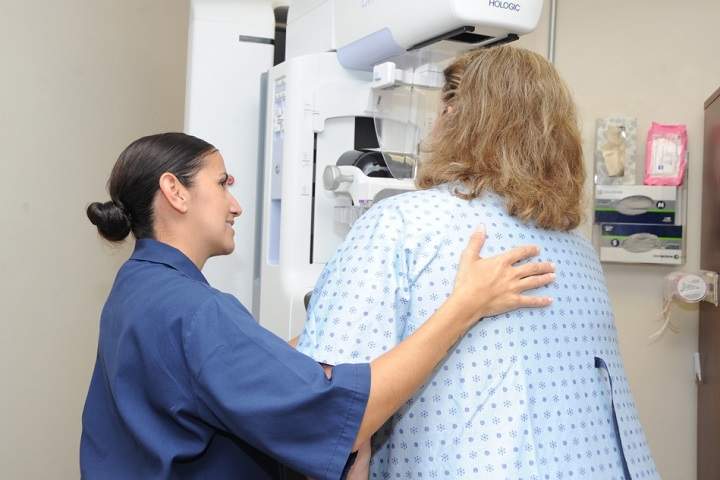A Special Symposium session entitled ‘Safe deescalation of therapy in the management of early breast cancer’ at this year’s European Society for Medical Oncology (ESMO) annual congress discussed how trials exploring treatment deescalation are of growing importance to improve breast cancer patients’ quality of life (QoL) by avoiding unnecessary over-treatment. A number of different approaches for therapy deescalation are being investigated, such as shorter treatment duration and anti-HER2 treatment without chemotherapy in the neoadjuvant setting, which are likely to provide benefits to patients in future in terms of reduced treatment burden.
Breast cancer patients have benefited from a significant improvement in survival rates over the past few decades, owing primarily to the arrival of targeted agents that have contributed to treatment escalation. The standard of care in early HER2-positive breast cancer is adjuvant chemotherapy plus Roche’s Herceptin (trastuzumab) taken for one year. Recent data from the Phase III randomised controlled PERSEPHONE trial found that six months (nine doses) of Herceptin was non-inferior to the standard 12-month duration (18 doses) of the anti-HER2 treatment in the adjuvant setting, while simultaneously resulting in fewer cardiotoxic events. However, some ‘high-risk’ patients would still see the greatest benefit from the full year of therapy, highlighting the importance of identifying the precise patient subgroups that can achieve optimal clinical outcomes from the decreased treatment duration, to limit morbidity without compromising overall survival. Future research efforts that aim to de-escalate chemotherapy would not only reduce long-term side effects that arise from the use of cytotoxic therapy such as anthracyclines and improve patients’ QoL, but the shorter treatment duration’s would also be associated with lower costs of treatment.
During the session at ESMO, the discussion highlighted that a short Herceptin administration period would reduce the risk of severe cardiac toxicity and is a potentially favourable option for patients that have cardiac problems, or develop them during treatment, as well as for those patients with a low risk of relapse. In contrast, other studies such as the Phase III Short-HER trial have failed to demonstrate non-inferiority with the shorter treatment duration with adjuvant Herceptin in combination with chemotherapy (nine weeks versus one year in the Short-HER study). Other de-escalation approaches are also being investigated, such as MedSIR’s ongoing Phase II PHERGain trial that aims to identify, using PET scanning, those HER2-positive breast cancer patients that benefit from anti-HER2 therapy in the neoadjuvant setting without the need for chemotherapy.
The feasibility of radiotherapy deescalation to reduce treatment burden was also discussed for early breast cancer patients who receive adjuvant radiotherapy after breast-conserving surgery. However, the risks may outweigh the potential benefits in patients who are unlikely to relapse. Deescalation of therapy could be supported in these low-risk early breast cancer patients, given that those who do not receive radiotherapy do not have inferior overall survival and local recurrent disease is treatable. Moreover, the majority of patients, especially those over 50 years of age, can benefit from hypo-fractionated treatment that delivers large doses of radiation less frequently and over a shorter overall course of therapy, and this approach is supported by long-term safety and efficacy data. Radiotherapy deescalation can also be achieved by partial breast irradiation in low-risk patients, or exclusion of the radiotherapy ‘boost’ in patients aged 60 years or over with low-grade tumours and/or favourable tumour biology while on adjuvant endocrine therapy.
With the impressive survival rates being seen in breast cancer patients today, an ever-increasing objective is to minimise treatment burden and prevent unnecessary toxicities, in order to improve patients’ QoL. Accurately stratifying breast cancer patients by risk groups and selecting appropriate treatments that do not compromise on clinical outcomes are achievable goals for the future of early breast cancer treatment.

US Tariffs are shifting - will you react or anticipate?
Don’t let policy changes catch you off guard. Stay proactive with real-time data and expert analysis.
By GlobalData



